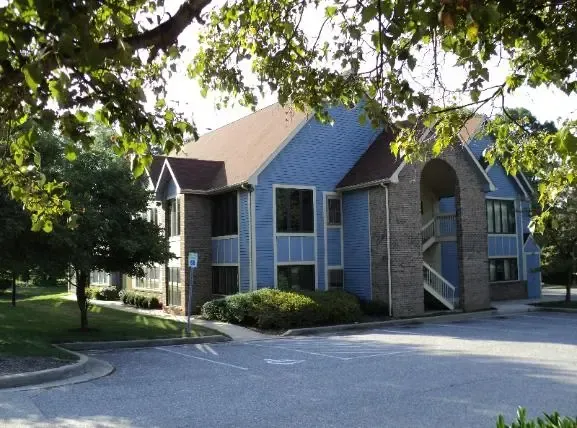Vaccines Save Lives: Why They Still Matter for Kids, Teens, and Families
Victims of Their Own Success

Not long ago, families lived with fear of diseases like polio, measles, and whooping cough. Outbreaks struck without warning, leaving lasting disabilities—or worse. Today, many parents have never seen these illnesses firsthand. That’s the power of vaccines. But just because they’re rare in the U.S. doesn’t mean they’re gone.
A Legacy of Protection
Polio
Polio was once one of the most feared childhood illnesses, paralyzing or killing thousands each year in the U.S. alone. In the 1940s and 1950s, parents dreaded summer outbreaks. Thanks to vaccination, polio has been eliminated in this country since 1979. But the virus still circulates globally, and unvaccinated children remain at risk.
Measles
Before the vaccine, nearly every child caught measles. This wasn’t a “harmless rash”—measles caused pneumonia, brain swelling, and death. Even today, when vaccination rates drop, measles quickly reappears, spreading like wildfire in schools and communities.
Whooping Cough (Pertussis)
Pertussis is known as the “100-day cough.” For infants, it can be deadly. Teens and adults often spread it unknowingly. That’s why booster shots (Tdap) are recommended at age 11–12 and again for adults, especially those around babies.
Influenza (Flu)
The flu is far more serious than a bad cold. It hospitalizes thousands of children every year and can be deadly, even in healthy kids. Because the flu virus changes constantly, annual vaccination is the best defense.
COVID-19: It's Still Here
The COVID-19 pandemic showed us how quickly a virus can spread and overwhelm families. While things have improved, new variants continue to appear and cases are rising in some states. We recommend COVID vaccination for all patients ages 6 months and older.
Unfortunately, political interference has made vaccine distribution messy. Supply for children ages 6 months–4 years may be limited. That’s why we created a COVID Vaccine Interest Form for our patients—to help us plan, prioritize doses, and notify families as soon as vaccines are available.
Why Vaccinate?
Some parents wonder if vaccines are still necessary since these diseases are now rare. The truth: they’re rare because vaccines work. When we stop vaccinating, these diseases come back.
Vaccines protect not just your child but also babies too young to be vaccinated, grandparents, and those with weakened immune systems. Choosing vaccines means choosing community protection.
The Bottom Line
At Williams & Petit Pediatrics, our advice is grounded in science and evidence—not politics. Vaccines save lives quietly, every single day. They mean healthy kids, safe classrooms, and stronger communities.

